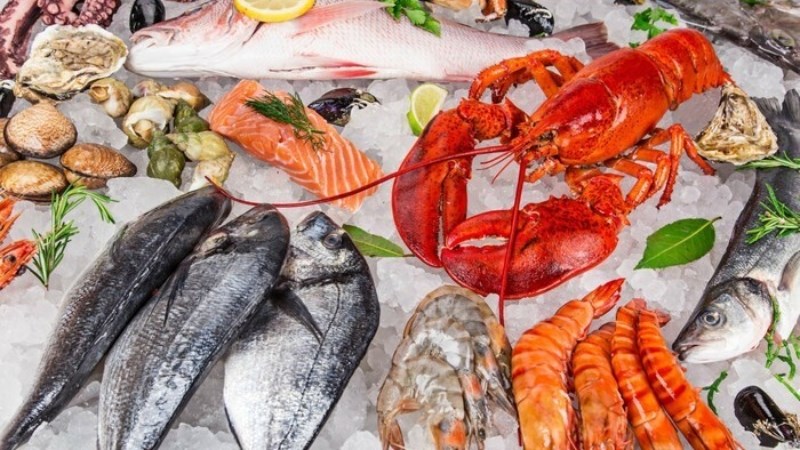1. What is frozen food?
Frozen food is food that is frozen, quickly cooled at minus 20 degrees Celsius for a short time and then continued to be frozen at minus 16 degrees Celsius.
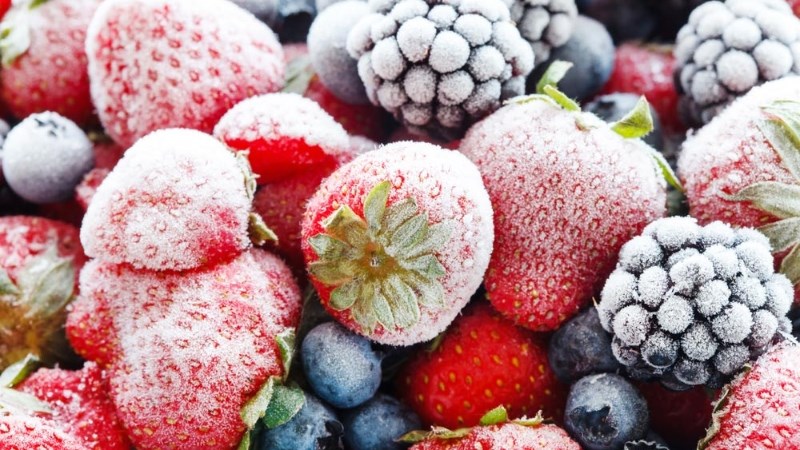
2. Why must food be frozen?
Freezing food will help the food retain almost its original appearance, as well as its inherent nutrients, because at low temperatures, microorganisms will freeze and stop growing, limiting damage or damage. causes food to lose quality.

3. What is the difference between quick-freezing and slow-freezing foods?
Normally, frozen products sold at supermarkets are quick-frozen foods. As for when you buy fresh food and put it in the freezer or freezer, those are just slow-freezing foods. And this usually takes a few hours to a day to help the food freeze.

During the slow freezing process, the ice crystals grow larger, accidentally the sharp edges of the crystals will puncture the cell membrane so when defrosted, the food will lose a lot of nutrients and not taste good. like the first time.
On the contrary, quick freezing methods such as frozen bagged foods in supermarkets usually only take about 2 - 6 hours, so ice crystals cannot grow larger. Thanks to that, the quality and nutrition of food is almost kept the same without any reduction or change.
4. Benefits of using frozen food
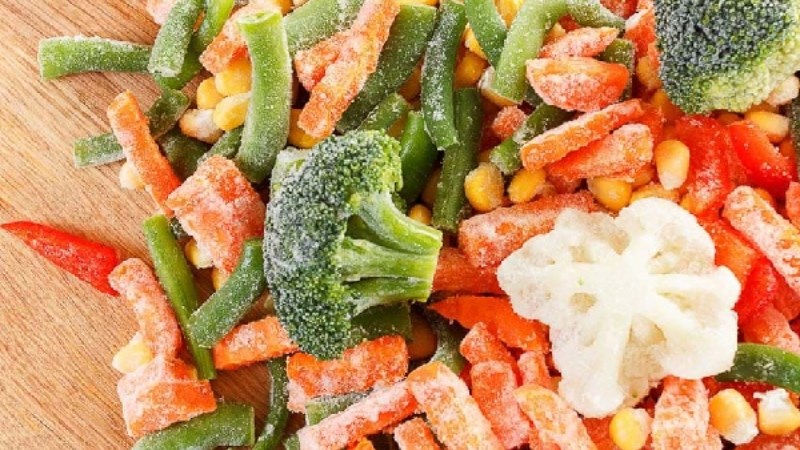
Frozen foods are full of nutrition
Frozen foods will not have as much sodium as chemically preserved foods, so when used, they will be less harmful to health.
Frozen fruits and vegetables retain their original sweetness and calories. Besides, freezing fish or other types of seafood also helps them retain their original freshness and nutrition.
Frozen foods can save you money
Buying frozen foods can help you save a certain amount of money because frozen foods often cost less than fresh ones.
At the same time, freezing food will help you preserve leftover food and avoid spoilage and food waste.
Frozen foods are easy to prepare
You are an active, busy person so you are always looking for ways to save as much time as possible, then frozen food will be an extremely ideal choice!
Because normally, most frozen foods are pre-prepared, fruits and vegetables are peeled and pre-cut, meat and fish are cleaned, cut and packaged separately. So just a little more time to prepare and you'll have a delicious meal.
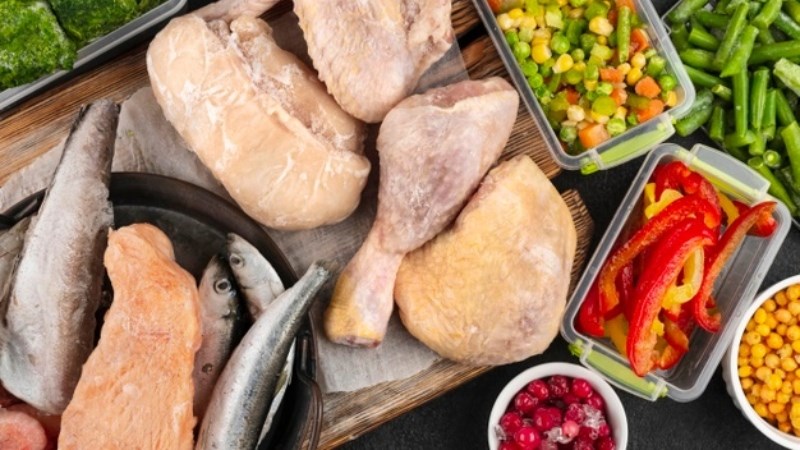
Frozen foods are very diverse for you to choose from
Choosing frozen food can help you determine the exact amount of food you need for your body.
When frozen, fruits and vegetables will not have any added substances and will not be affected by external factors, so they retain their inherent freshness and nutrients.
Frozen foods help you prepare many dishes
Using frozen food not only saves you time in preparation but also gives you more options for meals because of the variety of foods.
5. Limitations of frozen foods
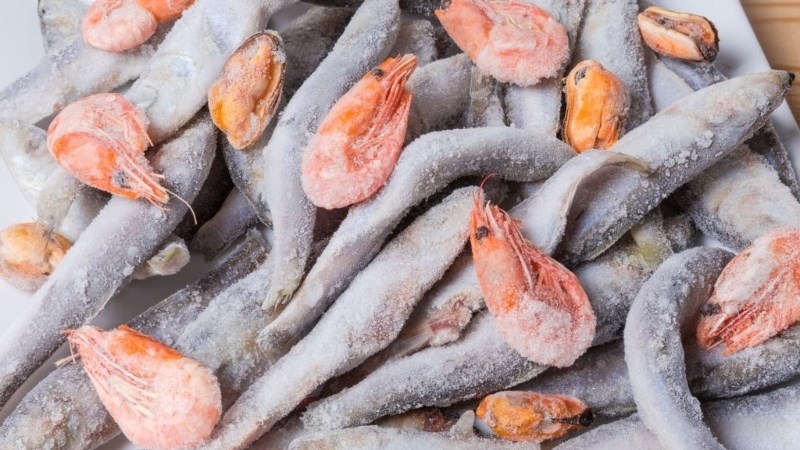
Loss of nutrients: Frozen foods will usually lose very little nutrients if stored below minus 20 degrees Celsius, but if they are at higher temperatures, many other nutrients will be reduced or lost.
Frozen food changes taste:
When preserving foods that contain unsaturated fats and are easily affected such as meat, fish, chicken, etc., when frozen, the fat is still oxidized although very slowly.
The freezing environment has a lower humidity than the moisture in food, so water will easily escape, making the meat dry, tough and not delicious.
Long defrosting time:
Defrosting food at room temperature will create conditions for microorganisms to reactivate and somewhat harm the food.
Therefore, you should defrost food in the refrigerator to avoid generating harmful substances even though it takes a long time.
6. Freezing time and how to freeze foods
Seafood and raw meat
Seafood and raw meat should be stored in the freezer as soon as possible, and when storing, separate foods into tightly sealed bags or containers. Do not let water from one food drip onto other foods. Avoid bacterial cross-contamination.
Besides, if your refrigerator has a soft freezer compartment, you can preserve seafood and raw meat that need to be used in a short time so that it does not take much time to defrost.
The freezing time of seafood and raw meat is divided into different periods such as:
- Bacon (unopened bag): 2 weeks
- Chicken: 1 - 2 days
- Ground meat: 1 - 2 days
- Sausages (unopened bag): 2 weeks
- Pork, chops and roasts: 3 - 5 days
- Raw shrimp: 2 days
- Shellfish: 2 days
- Peeled seafood: 1 day
